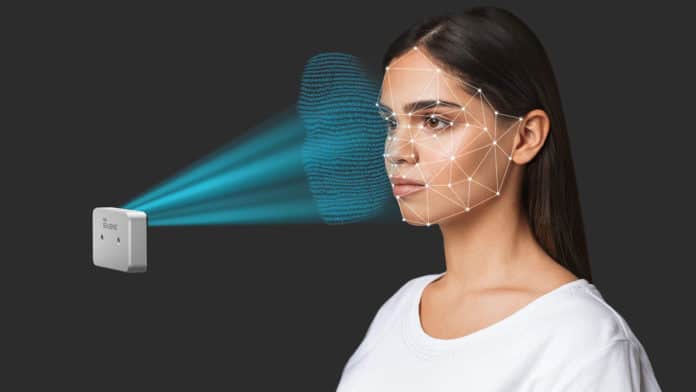Facial recognition systems have become an advanced method to be able, for example, to unlock a phone, laptop, or computer. However, it is a hot topic and somewhat controversial, especially in terms of privacy.
Now, Intel has introduced an Intel RealSense ID, an on-device solution that combines an active depth sensor with a specialized neural network designed to deliver secure, accurate, and user-aware facial authentication. The RealSense ID works with smart locks, access control, point-of-sale, ATMs, kiosks, and more.
According to Intel, RealSense ID was designed with privacy as the highest priority and is user friendly. For this, the developers worked on a combination of software and hardware, which uses a depth sensor and a specialized neural network and a dedicated system-on-chip and embedded secure element to encrypt and process user data quickly and safely.
Intel claims that RealSence ID is superior to traditional authentication methods because it has built-in anti-spoofing technology to protect against false entry attempts using photographs, videos or masks, and provides a one-in-1-million false acceptance rate.
Intel explains that the technology is capable of adapting to users over time as they change physical features, which ensures ease of prolonged and continuous use. The software is expected to have no problems recognizing facial hair and glasses, for example.
Intel RealSence ID works in various lighting conditions for people with a wide range of heights or complexions. The method can be used indoors or outdoors, day or night, thanks to the integrated infrared sensor. The solution is also only activated through user awareness and will not authenticate unless prompted by a pre-registered user.
The module is intended for commercial activities; it can already be pre-ordered for $99 on the Intel website with the intention of launching during the first quarter of 2021.
